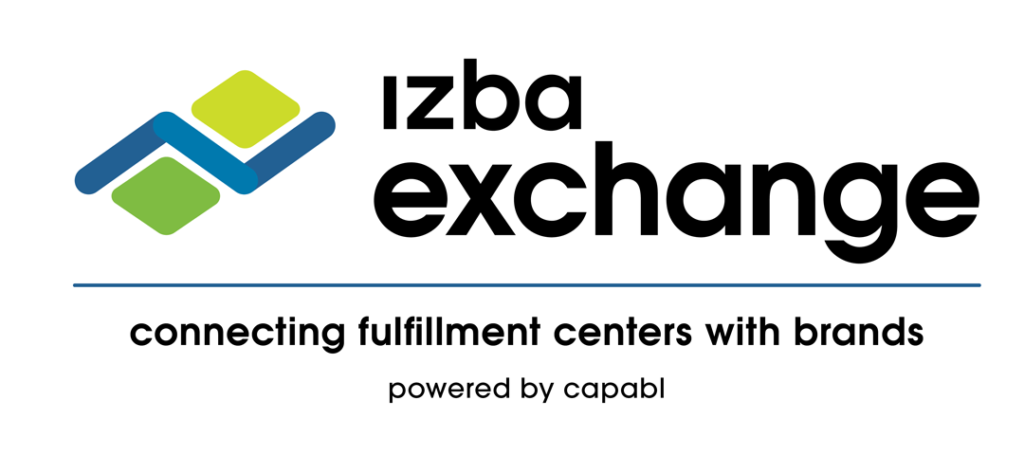
Expanding a business to Europe can offer numerous opportunities for growth and success. However, to navigate the European market successfully, it is crucial to have a solid understanding of its unique dynamics. In this article, we will explore various aspects that business owners need to consider when expanding their operations to Europe.
Understanding the European Market
Before venturing into the European market, it is essential to gain a comprehensive understanding of its intricacies. Identifying key market trends is crucial to ensure that your business aligns with the demands and preferences of European consumers.
Europe is a continent rich in diversity, and its markets reflect this uniqueness. From the bustling fashion hubs of Paris and Milan to the tech-savvy cities of Berlin and Stockholm, each European market has its own particularities. By conducting thorough market research, businesses can identify trends specific to their industry and target audience. This insight allows entrepreneurs to tailor their products or services to meet European consumers’ expectations and stay ahead of their competitors.
Identifying Key Market Trends
Europe is known for its diverse markets, each with its own particularities. By conducting thorough market research, businesses can identify trends specific to their industry and target audience. This insight allows entrepreneurs to tailor their products or services to meet European consumers’ expectations and stay ahead of their competitors.
For example, in the fashion industry, European consumers have a strong preference for sustainable and ethically produced clothing. By recognizing this trend, businesses can adjust their supply chains and manufacturing processes to meet these demands. Similarly, in the technology sector, European consumers value data privacy and security. Adapting products and services to prioritize these concerns can give businesses a competitive edge in the European market.
Recognizing Potential Challenges
Expanding to Europe also presents its fair share of challenges. Cultural, legal, and logistical differences vary from one European country to another, making it crucial to anticipate these obstacles beforehand. By recognizing potential challenges, businesses can develop strategies to mitigate risks and ensure a smooth expansion process.
For instance, navigating the complex legal frameworks of European countries can be daunting. Understanding the specific regulations and compliance requirements of each market is crucial to avoid legal pitfalls. Additionally, logistical challenges such as transportation and distribution networks can vary significantly across Europe. By carefully planning and partnering with local logistics providers, businesses can overcome these challenges and ensure efficient operations.
Adapting to Cultural Differences
One of the key considerations when expanding to Europe is adapting to cultural differences. Each European country has its own unique culture, customs, and business practices. Understanding and respecting these nuances is essential to building strong relationships with local partners and customers. It is crucial to take an empathetic approach and tailor your marketing and communication strategies accordingly.
For example, in some European countries, business meetings may start with casual conversation and personal introductions, while in others, they may be more formal and focused on the agenda. Adapting to these cultural norms can help establish trust and foster successful business relationships. Similarly, understanding the preferred communication channels and language preferences of different European markets can enhance customer engagement and brand perception.
Legal Considerations for European Expansion
Understanding the legal landscape is paramount when expanding a business to Europe. Complying with European business laws, intellectual property rights, and tax regulations ensures a smooth transition and avoids potential legal disputes.
Understanding European Business Laws
European business laws may differ significantly from those in other regions. Familiarizing yourself with the legal framework of the country you plan to expand into is crucial. Whether it’s company registration procedures, employment contracts, or consumer protection laws, understanding the legal requirements will help you navigate the European market more effectively.
For example, in Germany, businesses are subject to strict labor laws that protect employee rights. Understanding these laws is essential when hiring and managing employees in the country. In France, on the other hand, there are specific regulations regarding commercial leases that businesses need to be aware of when establishing physical locations.
Intellectual Property Rights in Europe
Protecting intellectual property is vital for any business, especially when expanding internationally. Europe has its own system for intellectual property rights protection. Business owners should research and register their trademarks, patents, and copyrights in the countries they plan to enter to safeguard their unique innovations and prevent intellectual property infringement.
It’s important to note that intellectual property laws can vary across European countries. For instance, in the United Kingdom, trademarks can be registered with the Intellectual Property Office, while in Spain, businesses need to register their trademarks with the Spanish Patent and Trademark Office. Understanding the specific requirements and processes in each country is crucial to ensure proper protection of intellectual property.
Navigating Tax Laws and Regulations
Tax laws and regulations vary across European countries, making it crucial to understand the tax implications of expanding your business. Engaging tax advisors and legal experts well-versed in European tax frameworks can help you navigate complex tax systems and ensure compliance with local tax regulations.
For instance, in Sweden, businesses are subject to a progressive corporate tax rate that ranges from 21.4% to 22.0% depending on the level of taxable income. On the other hand, in Ireland, businesses can benefit from a low corporate tax rate of 12.5%. Understanding the tax rates, deductions, and incentives in each country is essential for effective tax planning and optimization.
Furthermore, value-added tax (VAT) is another important consideration when expanding to Europe. Each European country has its own VAT regulations, with different rates and thresholds. Being aware of these variations and ensuring compliance with VAT requirements is vital to avoid penalties and maintain financial stability.
Building Your European Business Strategy
A robust strategy is essential for successfully entering the European market. Business owners must carefully define their market entry approach, set up European operations, and assemble a local team to ensure a sustainable and profitable expansion.
Defining Your Market Entry Strategy
There are various market entry strategies available when expanding to Europe, such as direct investment, joint ventures, or partnering with local distributors. Business owners must assess their resources, industry dynamics, and target market to determine the most suitable strategy that aligns with their expansion goals.
Setting Up Your European Operations
Establishing operations in Europe requires careful planning and coordination. From setting up a legal entity to securing office space and infrastructure, there are numerous administrative tasks involved. Consulting with legal and business experts who specialize in European market entry can streamline the process and ensure compliance with local regulations.
Building a Local Team
Hiring a competent and motivated local team is critical to the success of your European expansion. Recruiting individuals who understand the local market, language, and culture can help bridge the gap between your business and European customers. Collaborating with local recruitment agencies and industry networks can facilitate the hiring process and ensure access to the most qualified candidates.
Marketing Your Business in Europe
Successfully marketing your business in Europe requires adapting to the region’s diverse consumer preferences and utilizing effective digital marketing strategies. Building brand awareness in a new market while ensuring alignment with European culture and preferences is vital.
Adapting Your Marketing Strategy for Europe
European consumers have distinct preferences and behaviors compared to other regions. Adapting your marketing strategy to suit European audiences can help establish a stronger connection with potential customers. This may involve translating marketing materials into local languages, incorporating cultural references, and engaging with European influencers or media outlets.
Utilizing Digital Marketing in Europe
The European market has embraced digitalization, making digital marketing strategies essential for success. Leveraging social media platforms, search engine optimization (SEO), and targeted advertising can help businesses effectively reach their target audience and build an online presence in Europe.
Building Brand Awareness in a New Market
Entering a new market requires building brand awareness and credibility. Engaging in local events, partnerships, and sponsorships can help raise your business’s profile and establish trust with European consumers. Collaborating with local influencers and utilizing localized advertising campaigns can further enhance your brand’s visibility.
In conclusion, expanding your business to Europe demands a strategic approach and comprehensive understanding of the European market. By recognizing key market trends, navigating legal requirements, developing a robust business strategy, and adapting your marketing efforts, you can position your business for success in the diverse and exciting European market.
Ready to take your business to the next level in Europe? Izba Consulting is here to guide you through every step of the journey. From starting and scaling to exiting your business, we focus on driving profitability and enhancing your supply chain operations. Our team’s blend of Fortune 500 and startup experience equips us with the innovative strategies you need to succeed. Join our community of founders and subscribe to our newsletter for insights and guidance tailored to your business growth. Subscribe to our newsletter today and become a part of the Izba Consulting success story.




